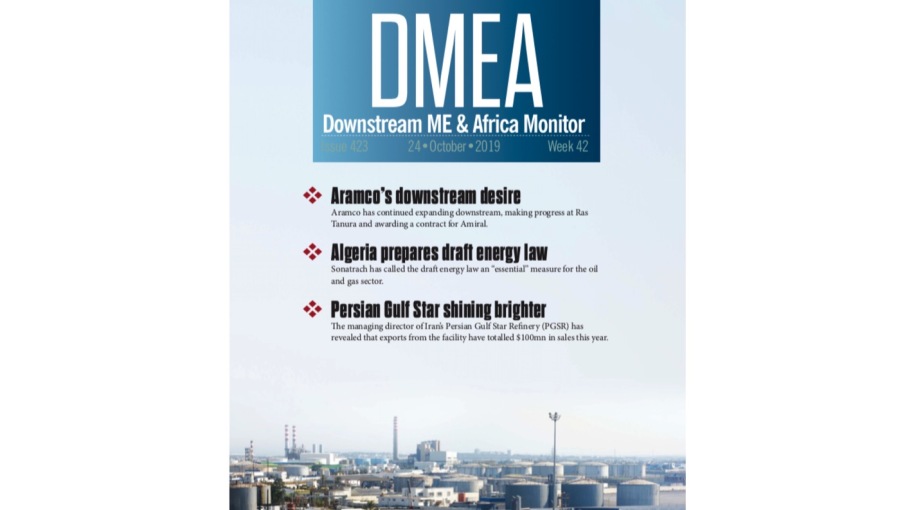DMEA: Jazan deal and refining fears

In this week’s DMEA, we look at the finalisation of a deal to finance a major Saudi power project and warnings about the future of South African refining.
Saudi Aramco, Air Products, ACWA Power and Air Products Qudra announced this week that they had signed ‘definitive’ agreements to acquire the assets and finance their planned joint venture (JV) in Jazan Economic City.
The partners announced plans for the $8bn Jazan integrated gas combined-cycle (IGCC) plant in 2018, but the project which covers air separation unit (ASU), gasification and power, is now expected to come in at an estimated cost of $12bn.
The JV is 46% owned by Air Products, 25% by ACWA Power, 20% by Saudi Aramco Power Co. (SAPCO) and 9% by Air Products Qudra. This gives Air Products a net ownership of 50.6% thanks to its stake in the Air Products Qudra JV.
ASUs, gasification, syngas clean-up, utility and power assets will be purchased from Aramco, which will supply feedstock to the facility. In turn, the Jazan unit will produce 3.8 GW of power, 585,000 tonnes per hour of steam, 184,000 cubic metres per hour of hydrogen and other utilities for Aramco, the JV said in a statement.
The JV owns and operates the facility under a 25-year contract, for which it will pay monthly fees to Aramco.
The private partners are carrying out a design-build contract awarded in 2015 covering the air separation unit and oxygen supply facility – at a capacity of 20,000 tonnes per day of oxygen and 55,000 tpd of nitrogen it is billed as the world’s largest industrial gases complex – at the 4,000-MW plant.
Meanwhile, the South African Petroleum Industry Association (SAPIA) this week warned that the country’s remaining refineries could become obsolete within two years without financial support.
The warning comes as authorities push for cleaner fuels under the incoming Clean Fuels 2 (CF2) legislation, which has already rendered at least one facility ‘sub-economical’.
The new Petroleum Products Specifications and Standards mandate the use of ultra-low sulphur gasoline and diesel products from September 2023.
SAPIA has been working with the government to find a resolution to issues funding the upgrade of six refineries in the country to allow them to produce cleaner fuels.


Follow us online